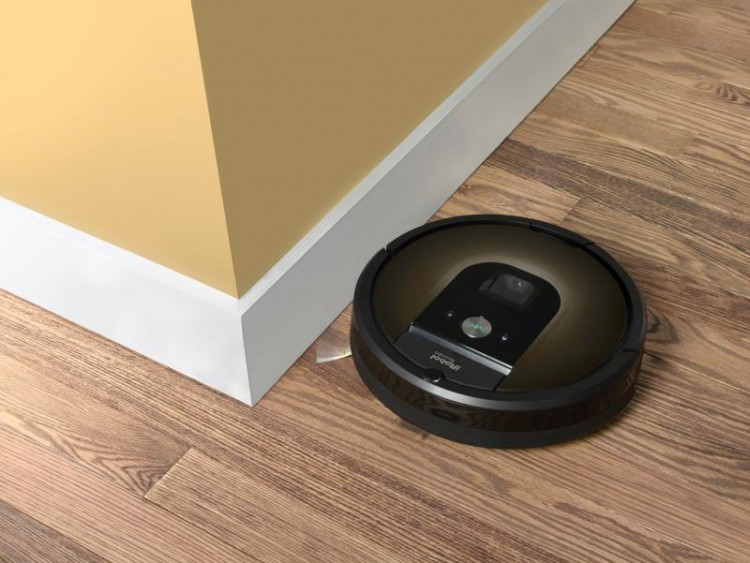Experts predict that by 2033, robots would perform 39% of all housework. According to academics from the United Kingdom and Japan, approximately four out of ten home-related jobs will be performed by automated technology in the next decade.
The findings, which were published in the journal PLOS ONE, were a response to the query, "If robots will take our jobs, will they at least also take out the trash for us?"
According to researchers from the University of Oxford and Ochanomizu University, grocery shopping will be the industry most affected by artificial intelligence, while caring for people - such as infants and the elderly - will be the least affected.
Researchers asked 65 experts in artificial intelligence from the United Kingdom and Japan to anticipate the degree to which routine work will be automated within the next five years and over the next decade.
In the next ten years, the amount of time spent on housework will reduce by 44%, with dishwashing time decreasing by 47% and cleaning and cooking time decreasing by 44%.
In addition, experts predict that laundry will be 43% automated and that the time required to fold laundry would drop by 44%.
Recent robots for domestic household duties, such as vacuum cleaners, are the most extensively developed and sold robots in the world, according to a recent report.
"Only 28% of care work, including activities such as teaching your child, accompanying your child, or taking care of an older family member, is predicted to be automated," Lulu Shi, a postdoctoral research at Oxford said.
Around 59% of the responsibility will be placed on robots and algorithms to perform grocery shopping, the task that is anticipated to be the most automated.
"[AI] could free up additional hours from people's lives for paid work and leisure, especially for women," the authors wrote. "It could in principle reduce the demand for domestic and care workers in aging societies like the UK and especially Japan and conversely diminish opportunities for migrant workers from other lower-income countries."
However, humans will still be responsible for the majority of child care, with AI reducing time by only 28%. This is primarily due to a lack of demand, given the negative social implications the hand-off would indicate, such as the "social acceptability of delegating child care to machines," its "developmental impacts on the child," and its "privacy implications."
Despite the increase in technological education caused by the COVID-19 pandemic-related school closures, the market for these technologies remains low.






